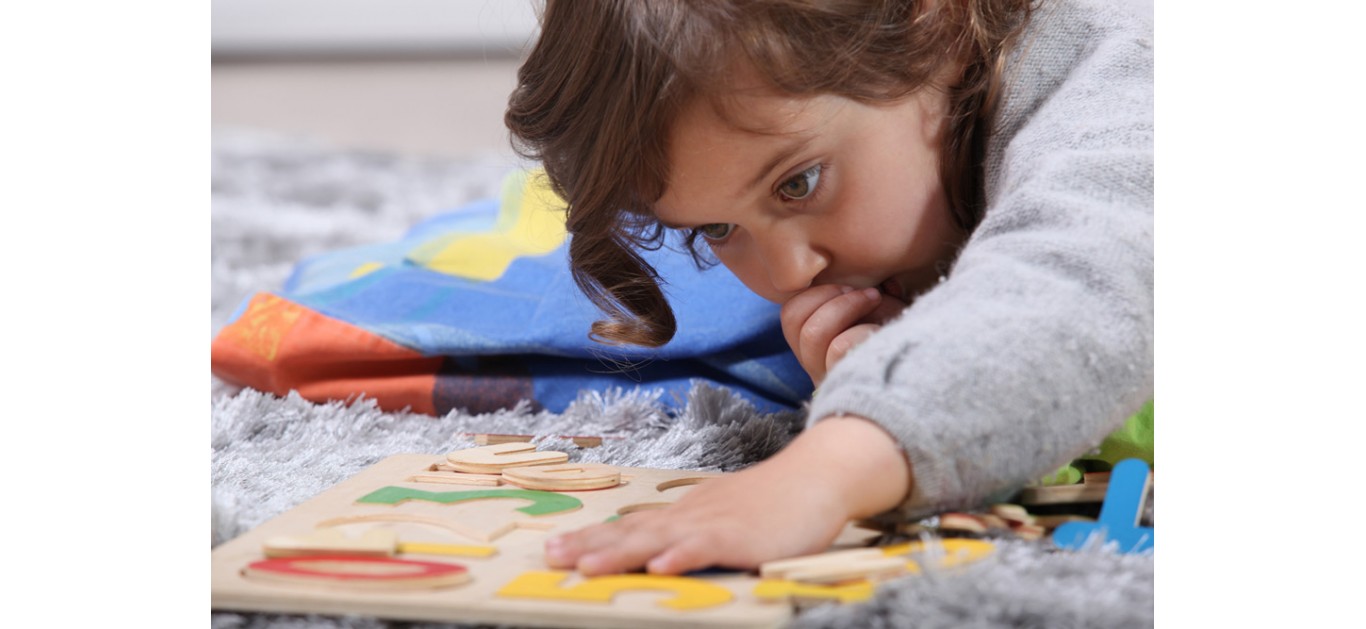Why is it important that children learn as they play?

Research has proven that the pressure to excel in academics among preschool children increases every year. To meet up with this mounting pressure, there are a number of programs that have been designed for children to learn language and math in a formal setting. Through such programs, children lose the sense of learning through play, which experts have explained is absolutely critical in the development phase of children. Below, we take a look at why it is so important for kids to learn through play.
Play forms the foundation of imagination, problem solving, creativity, independence and learning for children below the age of five years. It also helps preschool children to hone abilities that will be useful in education. For example, story time helps children to develop vocabulary and the capacity to understand a story and playing with building blocks can prove to be extremely beneficial when a child learns geometry. In addition to improving the motor skills of children, playing games can also help develop their social skills.
Another important way in which children learn as they play is when they are given the freedom to play as they wish. In simpler terms, this refers to 'free play' where a child learns to play on his/her own without the instruction of elders. To explain this further, researchers presented two sets of kids with a toy that sang, played music, walked and lit up. The first group of kids were taught how they could get the toy to sing. The second group, on the other hand, received no instructions and the results were amazing. The first group only learnt how they could make the toy to sing while the second group discovered every single thing that toy could do. How so? By simply learning to play with it. This proves that children are best left on their own to test and try how to play instead of telling them what they should do. This, however, does not mean that the children are not supervised while they play.
It could be stressful on a preschool child to learn formal education before they are ready to even hold a pencil. Children need to grow up, play and learn before they are prepared for school and research has backed this up too. Children who attended preschools that were based on play generally excelled other students in academic and social skills because there is an unmistakable link between play and learning.
Your child’s future success doesn’t only depend on whether the preschool they were sent to teaches them math or language; rather, it depends on whether their teachers used play as a tool in the learning process because in the long run, this is what will ultimately benefit your child.
